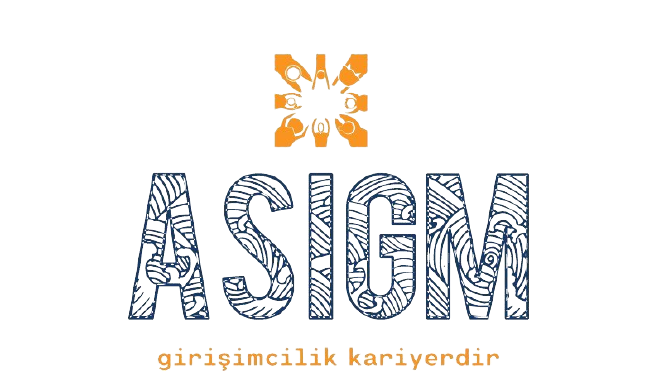Discover What Victoria and Ida Learned!
We were pleased to participate in the forum together with our team mates and learned a lot from the sessions and activities we joined together. We liked the atmosphere of sharing knowlegde, giving inspiration, and motivating each other in each other's fields of work. We also had fun exploring the different cultures, represented at the forum, as we engaged in conversations with different members and organisers. Here is what we did and learned...

Fighting Misinformation and Disinformation on Collective Identities in the Euro-Med Region
During this session, the speakers talked about fake / misleading information on the topic of refugees, disinformation on “risks and dangers” to keep/scare people away, the need for digital citizenship, media literacy, fact checking and checking sources versus the risk of trust erosion, lack of belief in an “objective truth” / reliable news/data/science. They also spoke about the need for context when writing and publishing news articles to avoid misleading generalisations based on isolated extreme events. They also spoke about the difficulties of fact checking and gave concrete examples on how to use AI as an effective, yet imperfect, tool for fact checking.
Knowledge it gave us
With the new technology and AI revolution, the field of information and knowledge is facing many challenges such as deep-fakes, misleading data and news events, biased research, and the spread of stereotypes through generalised storytelling. At the same time, AI-driven tools, such as ChatGPT, also gives some opportunities for fact-checking and critical reflection upon one’s own understanding. Knowing how to use such tools in beneficial ways is not easy though, but calls for more and better education in the field of media literacy and digital citizenship so our future generations become able to differentiate between facts and fiction, true and false.

Artivism for Social Cohesion and Crisis Response: Building Brave Spaces for Justice and Reconciliation
This session explored how artistic and cultural practices can contribute to justice, truth-telling, and community rebuilding. Drawing from civil society initiatives in post-crisis contexts, the panel examined the transformative power of memory, storytelling, and the arts in enabling peaceful and inclusive futures. It also reflected on the ethical responsibilities of cultural actors in times of uncertainty.
Knowledge it gave us
Art is an essential tool for healing, identity reconstruction, and dialogue, especially in times of crisis—whether due to conflict, displacement, or socio-political breakdown. The panel consisting of three female artists highlighted the great value of art as both a tool and a work strategy in the field of activism.
.png)
Cultural Passport
This activity took place on the big square of Skanderbeg and allowed all pass-byers to stop for a moment and get their own personal cultural passport. With this passport we sort of dream travelled to a destination different from where we came from, explored its culture and some of the country's special historical moments. At the end we got a blue stamp in the passport, showing that we travelled, learned, and got culturally wiser.
In addition to this, we also got the opportunity to draw or write a slogan, quote, or alike on the ground that had turned into a multicultural sea of words and drawings.
Victoria took this task very seriously and painted, not only one, but several of the bricks in the ground. It was a very fun and enjoyable activity for us that will stay in our memory. And the cultural passport is, of course, still with us!
Take-Home Messages
"We all Bleed the same Colour"
"Together We are Stronger"
"This Land Belong to No One who claims that it doesn't Belong to All of Us!"


Thanks for hosting us, Tirana and ALF - it was a real pleasure!

***
Victoria and Ida (July, 2025)
***
#TheDialogueEffect











